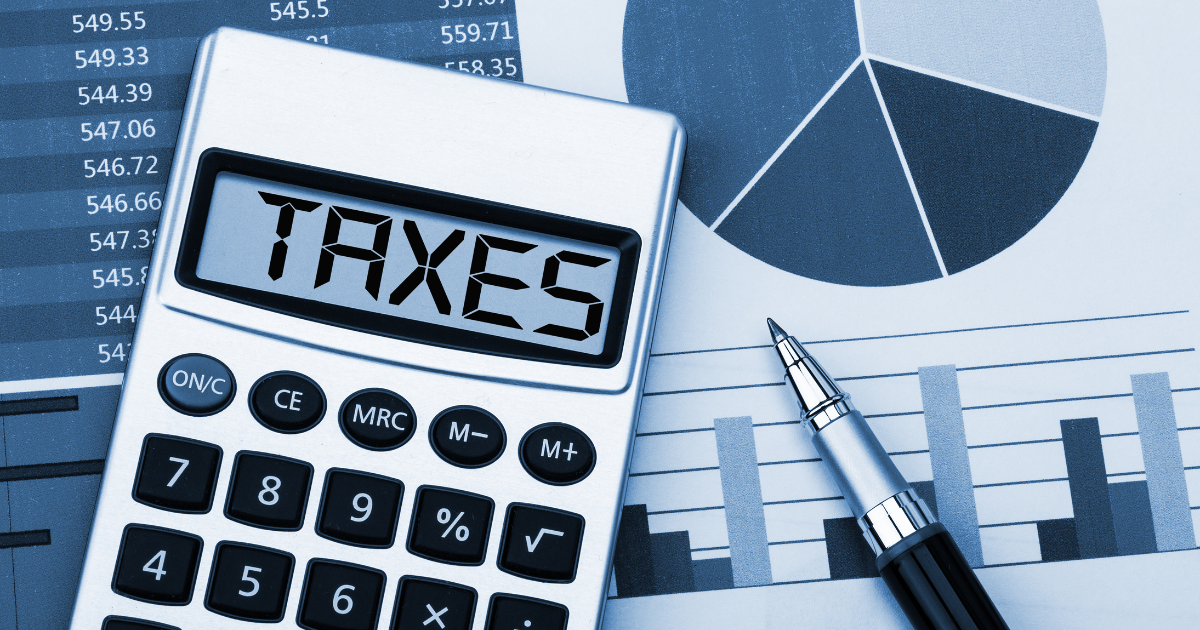ATO to focus on rental property income and deductions
The Australian Taxation Office (ATO) has announced income and tax deductions from rental properties is one of the four key areas they will be focusing on during tax season.
The ATO acknowledges it is an area of tax assessment that’s easy to get wrong and needs extra care when lodging.
Their Random Enquiry Program has found nine out of 10 tax returns that reported rental income and deductions contained at least one error, even though most of those property owners were assisted by a registered tax agent.
The ATO is therefore urging rental property owners to ensure they carefully review their records before declaring income or claiming deductions this tax time, and for registered tax agents to ask a few extra questions of their clients.
ATO assistant commissioner Tim Loh explained that registered tax agents can only work with the information they gather from their clients, and we know some clients won’t know everything they need to tell their agent.
“We don’t expect agents to be Sherlock Holmes, but we do expect them to ask the right questions to ensure their client’s return is right.”
Mr Loh said rental property owners were being urged to ensure they know what income they needed to declare and what could be claimed as a deduction.
“We are concerned about mistakes, and in particular, leaving out income or deliberate overclaiming of rental property deductions this year.
“Getting it right the first time, will ensure you receive the tax refund you are owed, and avoids us knocking on your front door down the track.”
Include all rental income
The ATO receives rental income data from a range of sources, including sharing economy platforms, rental bond authorities, property management software providers, and state and territory revenue and land title authorities.
“The amount of data we access grows each year, making it easier and faster for us to spot any rental income that you have charged your tenants, but haven’t declared,” Mr Loh said.
“When preparing tax returns, make sure all rental income is included, such as from short-term rental arrangements, renting part of a home, and other rental-related income like insurance payouts and rental bond money retained.
“Income and deductions must be in line with a rental property owner’s ownership interest, which should generally mirror the legal documents.”
Get your expenses right
Not all expenses are the same – some can be claimed straight away, such as rental management fees, council rates, repairs, interest on loans and insurance premiums.
Other expenses such as borrowing expenses and capital works need to be claimed over a number of years.
Capital works can include replacing a roof, or a new kitchen renovation and depreciating assets such as a new dishwasher or new oven costing more than $300 are also claimed over their effective life.
Refinancing or redrawing on a rental property loan for private expenses such as holidays or a new car, means that the amount of interest relating to the loan for the private expense can’t be claimed as a deduction.
If income from a rental property in a holiday location is earnt, it needs to be included in tax returns.
Mr Loh said the 2022 Tax Time Toolkit for Investors also contained several fact sheets for landlords, including the top 10 tips to help landlords avoid common tax mistakes.
Selling a rental property
When selling a rental property, capital gains tax (CGT) needs to be considered and any capital gains or capital losses need to be reported.
When calculating a capital gain or capital loss, it’s important to get the cost base calculation right.
Cost base is usually the cost of the property when purchased and any costs associated with acquiring or selling it.
These can be things such as stamp duty, legal fees, valuations and real estate sales fees.
Any capital works claimed as deductions may also need to be subtracted from the cost base.
“If you’ve sold a rental property that was once your home, you may be entitled to partially claim the main residence exemption. You will need to claim this exemption in your tax return when you lodge.” Mr Loh said.
Records of all income and expenses relating to rental properties, including purchase and sale records, must be kept.
This ensures all eligible deductions are captured when preparing tax returns and capital gains tax can be calculated correctly when the property is sold.
“It’s also important to note that when selling any property for more than $750,000, vendors/sellers must have a clearance certificate, otherwise 12.5 per cent will be withheld.” Mr Loh said.
Clearance certificate applications can take up to 28 days to process, so to avoid delays, sellers should apply as early as practical using the online form.
Keep good records to prove it all
Records of rental income and expenses should be kept for five years from the date of tax return lodgments or five years after the disposal of an asset, whichever is longer.
“Get your books in order and start keeping records as soon as you make the decision to earn rental income.
“It makes tax time so much easier for you and your registered tax agent,” Mr Loh said.
Adequate records should demonstrate how the expense was incurred for the rental property and the extent they relate to producing rental income.
They must include the name of the supplier, amount of the expense, the nature of the goods or services, the date the expense was incurred, and the date of the document.








